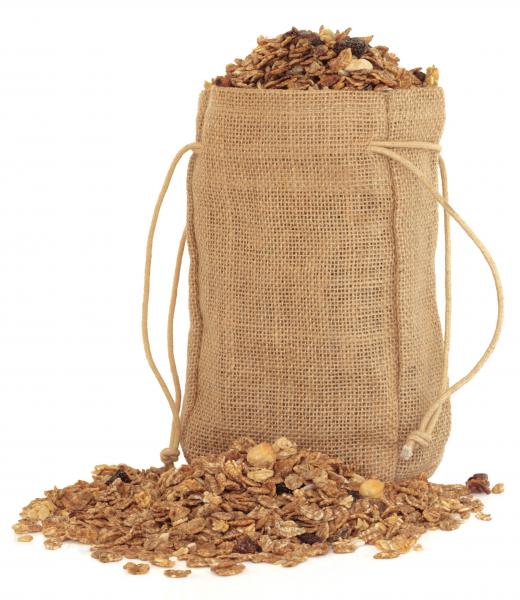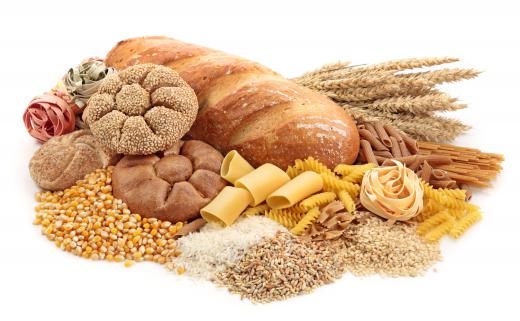What Is the Function of Carbohydrates?
 Malcolm Tatum
Malcolm Tatum
There is a lot of talk about carbohydrates these days. Some diets call for the ingestion of a large number of carbohydrates, whiles others recommend only a modest daily consumption of carbs. While different approaches to consuming carbohydrates are recommended, everyone agrees that the main function of carbohydrates is to supply the body with material that can be converted into energy. But like any other thing, too much carbohydrates can make weight loss difficult if not impossible.
Carbohydrate consumption is something that everyone does on a daily basis. While the carb is not the only means of providing the fuel to produce energy in the body, it is often considered to be one of the most efficient. The function of carbohydrates in the body is such that they will produce both sucrose and glucose, which the body in turn can absorb and convert into energy with relatively little effort. But just because it's necessary doesn't mean the we should indulge, especially kids. Active children will still need to have their carb intake regulated by their parents preferably with the help of a pediatric nutritionist.

Over time, investigations into the form and function of carbohydrates have led to many health enthusiasts dividing carbs into two different camps. Simple carbohydrates are those carbohydrate-laden foods that can be digested into the system quickly. Sometimes referred to as bad carbs, the simply carbohydrates tend to provide less in the way of essential vitamins and nutrients than other foods. Often, simple carbohydrates are obtained from foods that are refined and packaged, such as sugar, honey, milk, and fruit juices. These are also the same types of carbs that make losing weight challenging for people on the heavier side.

In comparison, complex carbohydrates will take longer for the body to convert into sucrose or glucose, and will be rich in vitamins and nutrients. Referred to as good carbs, the function of carbohydrates that fall into this category is to provide a steady release of energy into the body while also providing more of what each of us need from our daily diets. So this isn't just for athletes or people who like sports, but for anyone who want to live healthy. Carbohydrates in this category tend to be very low in processed sugar and other additives. Fresh and frozen vegetables, oatmeal, various types of legumes, dark breads, and pasta are usually considered excellent examples of complex carbohydrates.

People who are in a prediabetic condition or who are able to manage diabetes with diet are often counseled to focus carbohydrate consumption on complex carbs and omit simple carbs from the daily food plan. Because the function of carbohydrates that are considered complex, a small amount will provide much needed nutrients with a relatively small amount of sucrose and glucose for the body to have to assimilate.

Even within this recommendation, it may be wise for some diabetics to avoid daily consumption of some complex carbohydrates. However, a sports nutritionist may encourage consumption in moderation to provide ample fuel for working out and building muscles. Eating less bread, pasta, and starchy vegetables while increasing the intake of fresh green vegetables will often help to keep blood glucose levels closer to normal ranges while still providing plenty of energy producing material for the body to work with.
AS FEATURED ON:
AS FEATURED ON:
















Discussion Comments
They help with any sports or exercise!
helped heaps. thanks.
this site is great! lots of information, thanks!
great site.how much should the daily intake of carbs be?
Thaks a lot. It gave me a much clearer pic in my mind!
So it just provides energy?
cool!
thank you its very nice
Post your comments